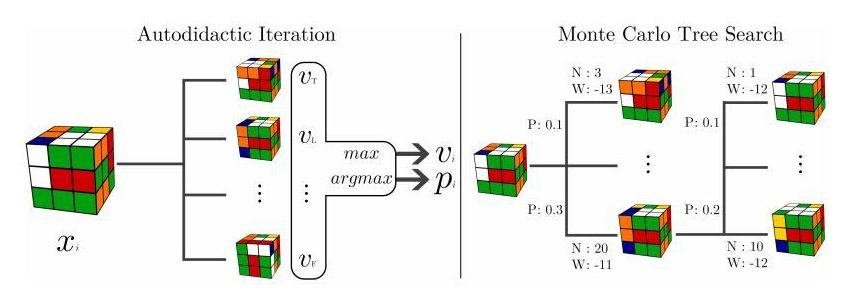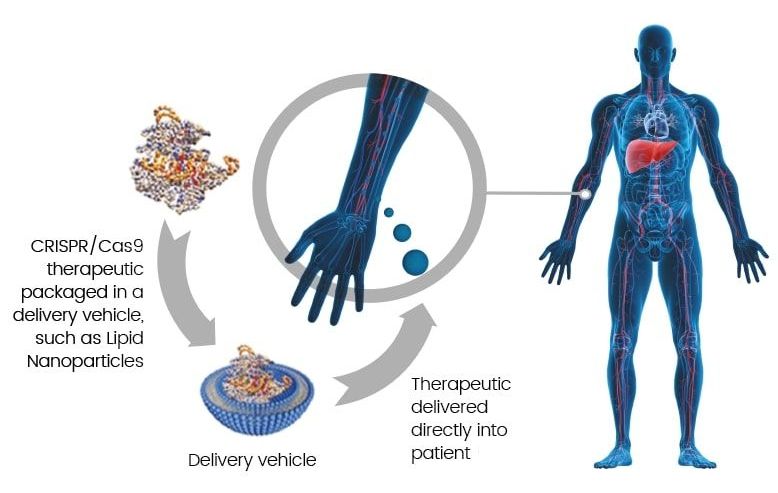Giant forces slowly move continents across a viscous layer of the Earth, like biscuits gliding over a warm toffee ocean. This stresses the continents, and twists and contorts the crust.
Category: futurism – Page 1,033



Unhackable: New chip stops attacks before they start
ANN ARBOR—A new computer processor architecture developed at the University of Michigan could usher in a future where computers proactively defend against threats, rendering the current electronic security model of bugs and patches obsolete.
Called MORPHEUS, the chip blocks potential attacks by encrypting and randomly reshuffling key bits of its own code and data 20 times per second—infinitely faster than a human hacker can work and thousands of times faster than even the fastest electronic hacking techniques.
“Today’s approach of eliminating security bugs one by one is a losing game,” said Todd Austin, U-M professor of computer science and engineering and a developer of the system. “People are constantly writing code, and as long as there is new code, there will be new bugs and security vulnerabilities.

Wasps are smarter than we thought, new study shows
Summer is approaching in the northern hemisphere, heralding the return of that great scourge of al fresco diners everywhere: the wasp.
Now, a new study out of the University of Michigan reveals that the striped critters aren’t just pesky — they’re smart.
The research found that wasps can use a form of logical reasoning to infer unknown relationships from known relationships, according to a press release.



A machine has figured out Rubik’s Cube all by itself
Working strategy, by starting at the desired end destination and then looking back, by connecting the dots as they are presented chronologically (in our present) towards the future, a strategic level of thinking now available to machines.
Unlike chess moves, changes to a Rubik’s Cube are hard to evaluate, which is why deep-learning machines haven’t been able to solve the puzzle on their own. Until now.

Project Silica
Is developing the first-ever storage technology designed and built from the media up, for the cloud. We are leveraging recent discoveries in ultrafast laser optics to store data in quartz glass by using femtosecond lasers, and building a completely new storage system designed from scratch around this technology. This opens up an incredibly exciting opportunity to challenge and completely re-think traditional storage system design, and to co-design the future hardware and software infrastructure for the cloud.
We are hiring for this and related projects: Post-Doc Researchers in Storage Software and Optical Systems, and internships in Software, FPGA, Electronics and Optics.
This project is a collaboration with the University of Southampton Optoelectonics Research Centre, and was featured in a Microsoft Ignite 2017 keynote on future storage technologies.

Intellia Fixed 95–98% T-Cells Inside the Body Using CRISPR Gene Therapy
Intellia and its research collaborator, IRCCS Ospedale San Raffaele presented new in vitro data showing that CRISPR/Cas9 editing resulted in over 98% knockout of the endogenous T cell receptor (TCR), while achieving transfer of various Wilms’ Tumor 1 (WT1)-specific TCRs into over 95% of isolated T cells.
Intellia Therapeutics is a leading genome editing company focused on developing curative therapeutics using the CRISPR/Cas9 system. Intellia believes the CRISPR/Cas9 technology has the potential to transform medicine by permanently editing disease-associated genes in the human body with a single treatment course, and through improved cell therapies that can treat cancer and immunological diseases, or can replace patients’ diseased cells.
SOURCES- Intellia Written By Brian Wang. Nextbigfuture.com